Pearl River cable manufacturing industry is in trouble, Guangzhou cable "Eight Immortals Crossing the Sea" Busy Breakthrough
On July 5, the International Energy Agency (IEA) released the report "Promoting Power Development in Sub-Saharan Africa: China’s Participation". According to the report, from 2010 to 2020, the number of projects locked by Chinese companies accounted for at least 54 countries. 37, China has participated in more than 200 power projects, and served as a contractor in about 150 power plants and transmission and distribution line projects; from 2010 to 2015, Chinese companies undertook to build about a quarter of new power plants in sub-Saharan Africa . It is estimated that by 2030, African countries will invest up to 563 billion U.S. dollars in power infrastructure, of which 60% will directly invest in infrastructure.
In this regard, some industry researchers said that as the core component of infrastructure, wire and cable "going out" is expected to become a potential road to the blue ocean.
From June 29th to July 7th, a Chinese government economic and trade delegation led by Vice Minister of Commerce Qian Keming visited Madagascar and Nigeria in Africa. The delegation held talks with some Chinese-funded enterprises in Africa in Nigeria. meeting. At the same time, the delegation also conducted on-site inspections of China's assistance, contracted projects, and investment projects in Africa, and conducted in-depth investigations on China-Malaysia, China-Nepal railways, highways and other infrastructure cooperation. Among them, Star Cable, as the only representative of a private enterprise, accompanied the delegation to visit.
The reporter called Star Cable, and its deputy general manager Yang Dexin revealed that the Chinese government is actively supporting and encouraging Chinese companies to invest in infrastructure in Africa, especially in the transportation, telecommunications, and power industries. This is in line with China’s implementation of the “One Belt, One Road” and “going "Go out" policy.
Yang Dexin further revealed that relying on strong technical strength and rich project experience, star cable products have successfully entered the African, Asian, and South American markets and exported to 20 countries and regions including Kenya, Chad, and Niger, among which projects in the African market account for More than 26%. Chinese investment in Nigeria is full of business opportunities. The country's infrastructure is extremely backward, and there is a strong demand for transformation in natural gas, electricity and other fields. Against this background, Star Cable hopes to take this opportunity to enter the Nigerian market, and there is huge room for local labor cost dividends.


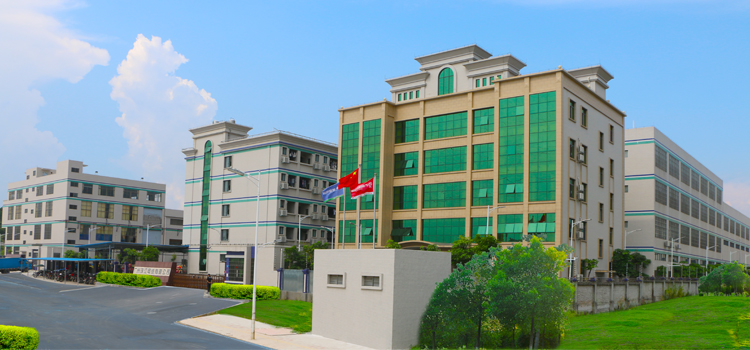 Company Profiles
Company Profiles Company Culture
Company Culture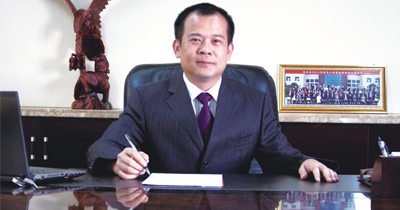 Message
Message Honor
Honor Video Center
Video Center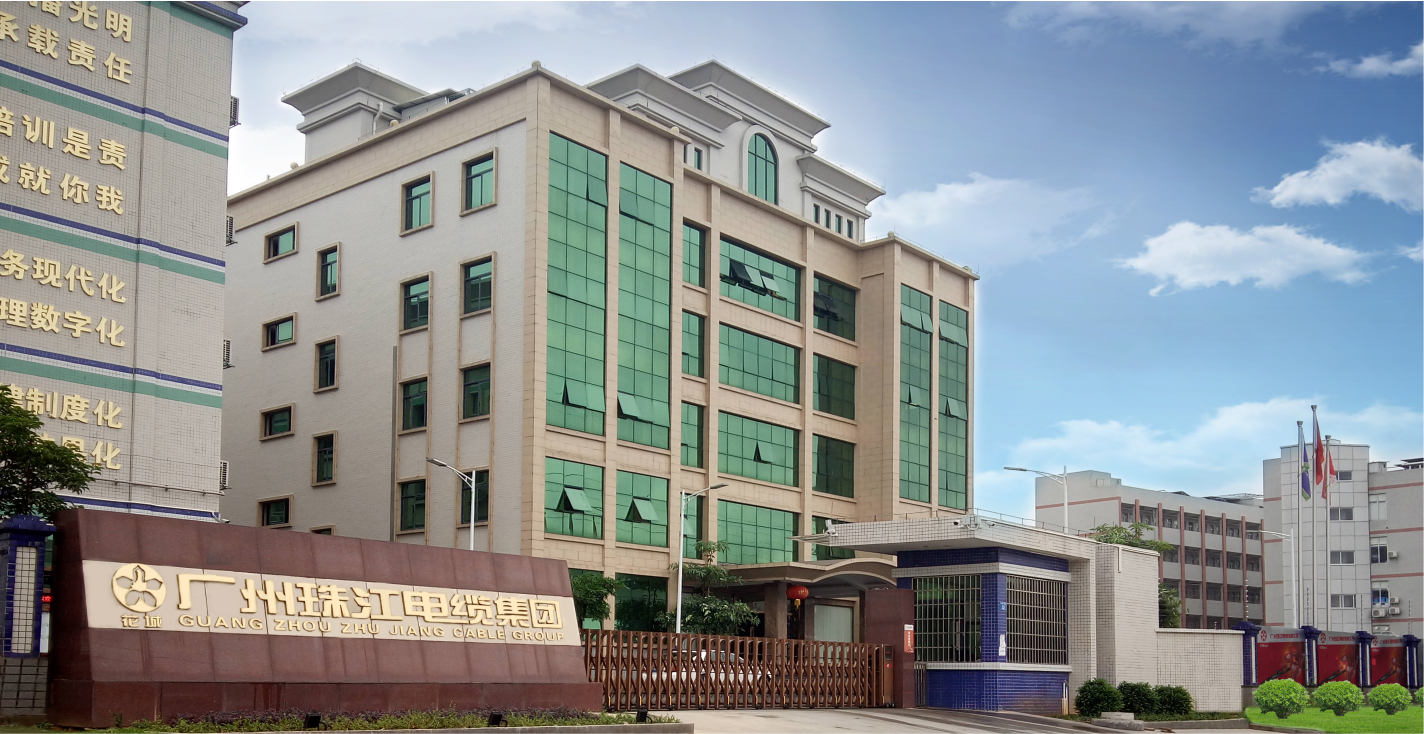 Company Reality
Company Reality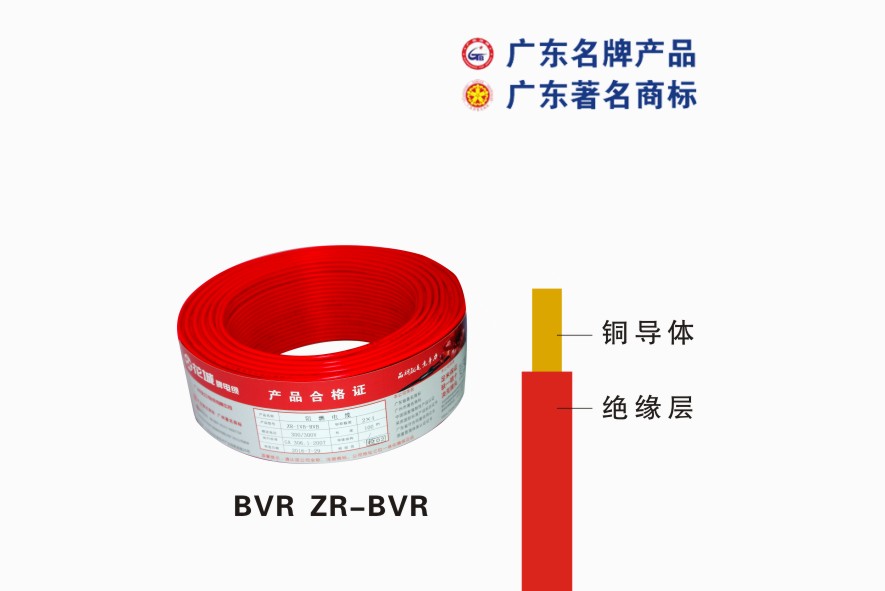 Pearl River Cable
Pearl River Cable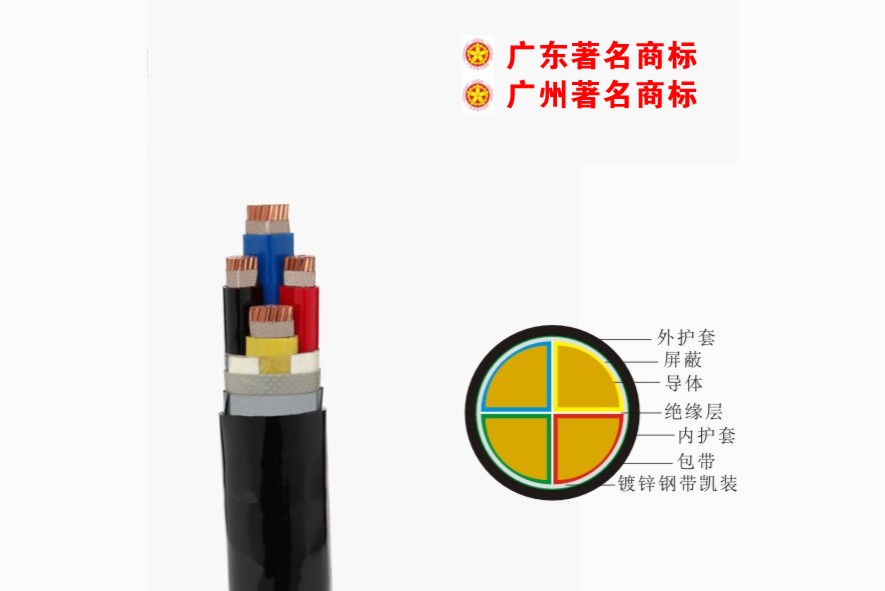 Low Voltage Cable
Low Voltage Cable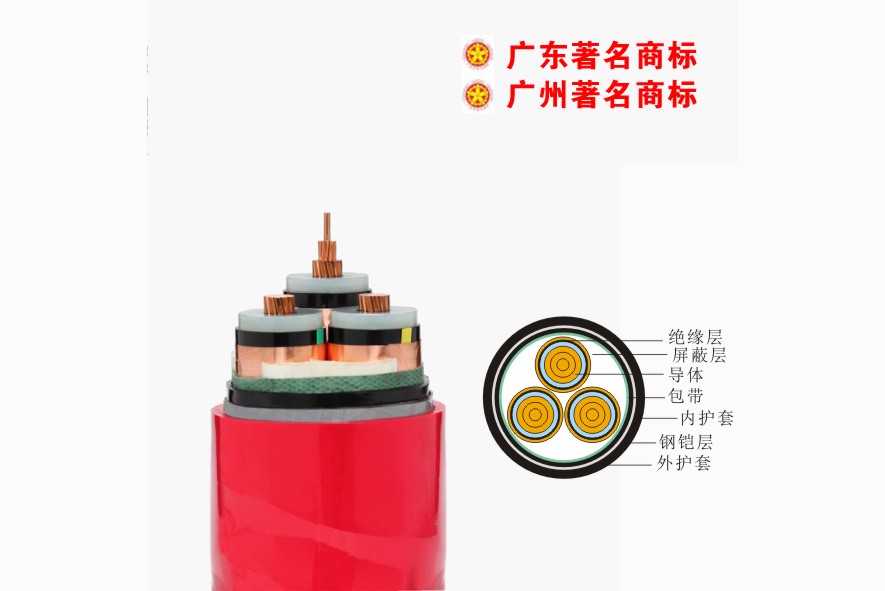 Medium Voltage
Medium Voltage Mineral Cable
Mineral Cable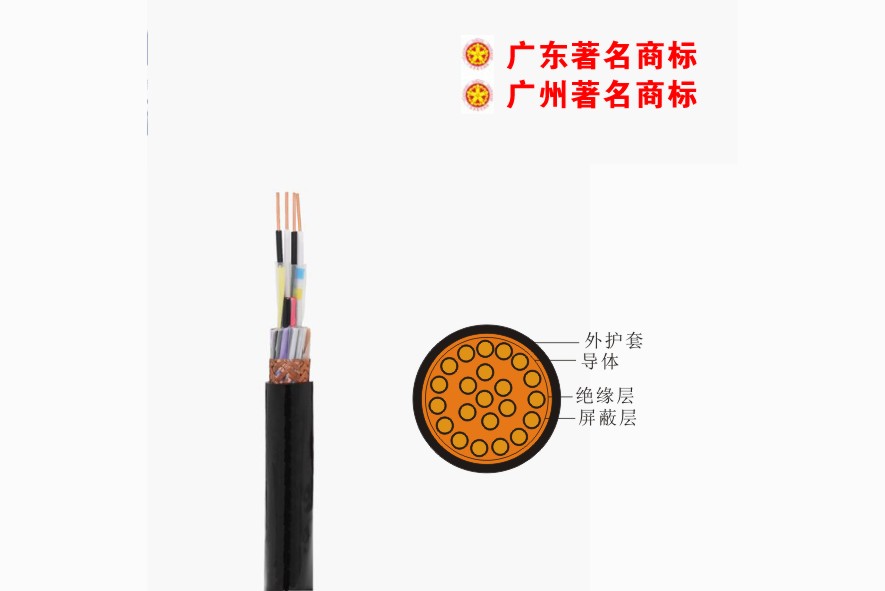 Control Signal Cable
Control Signal Cable Corporate News
Corporate News Cable Information
Cable Information Media Reports
Media Reports Network Reprint
Network Reprint


